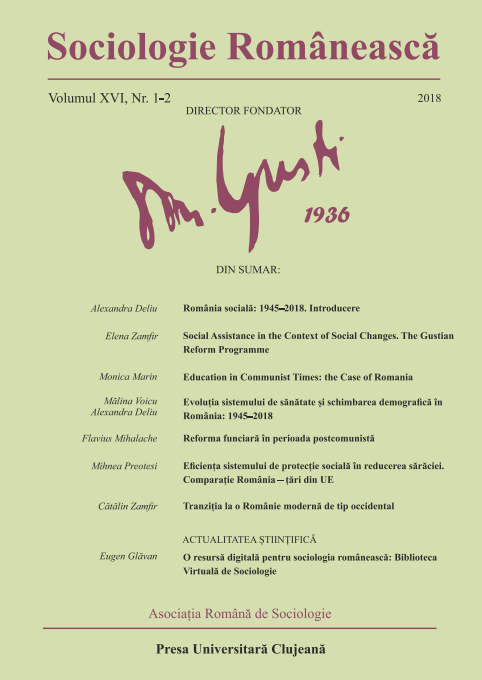Reforma funciară în perioada postcomunistă
Land Reform in the Post Communist Period
Author(s): Flavius Florentin MihalacheSubject(s): Rural and urban sociology
Published by: Editura Eikon
Keywords: Rural; land ownership reform; land fragmentation;
Summary/Abstract: After 1991, as many of the former communist countries, Romanian made efforts to re-establish a legal framework for private land ownership. The restitution of land properties has been a long and difficult process, with profound social and economic implications. The process has begun with the adoption of the Law 18/1991. The law attempted to recreate property rights that existed prior the collectivization, not simply to distribute land to the villages. Law 18/1991 was modified several times in the transition period (1997, 2000 and 2005). The main objective of these new laws was to increase the maximum land area that could be restituted to the former owners. The land privatization process created a new reality for the rural areas. Land fragmentation and subsistence farming become main problems in rural Romania as a consequence of key decisions that were taken during the transition period. Other former communist countries from the Central and Eastern Europe have chosen different strategies for achieving agrarian reform. Nowadays there are major differences between rural Romania and Czech Republic, Hungary or Poland. Starting from this general description, the main aims of this study is to discuss on land reform implications in Romania and to highlight the differences between the different land reform strategies which have been implemented in Central and Eastern Europe.
Journal: Sociologie Românească
- Issue Year: 16/2018
- Issue No: 01+02
- Page Range: 71-82
- Page Count: 12
- Language: Romanian

